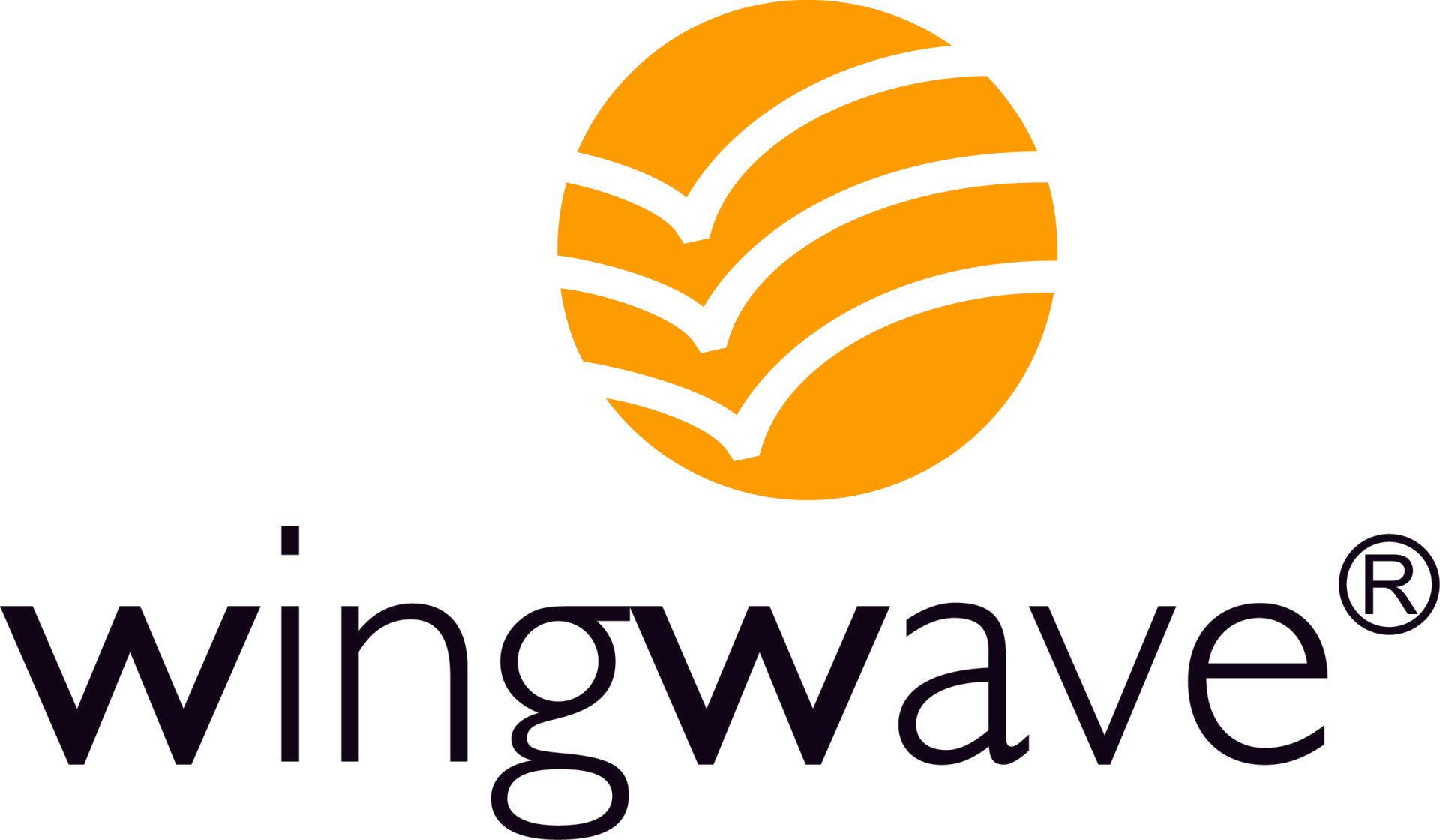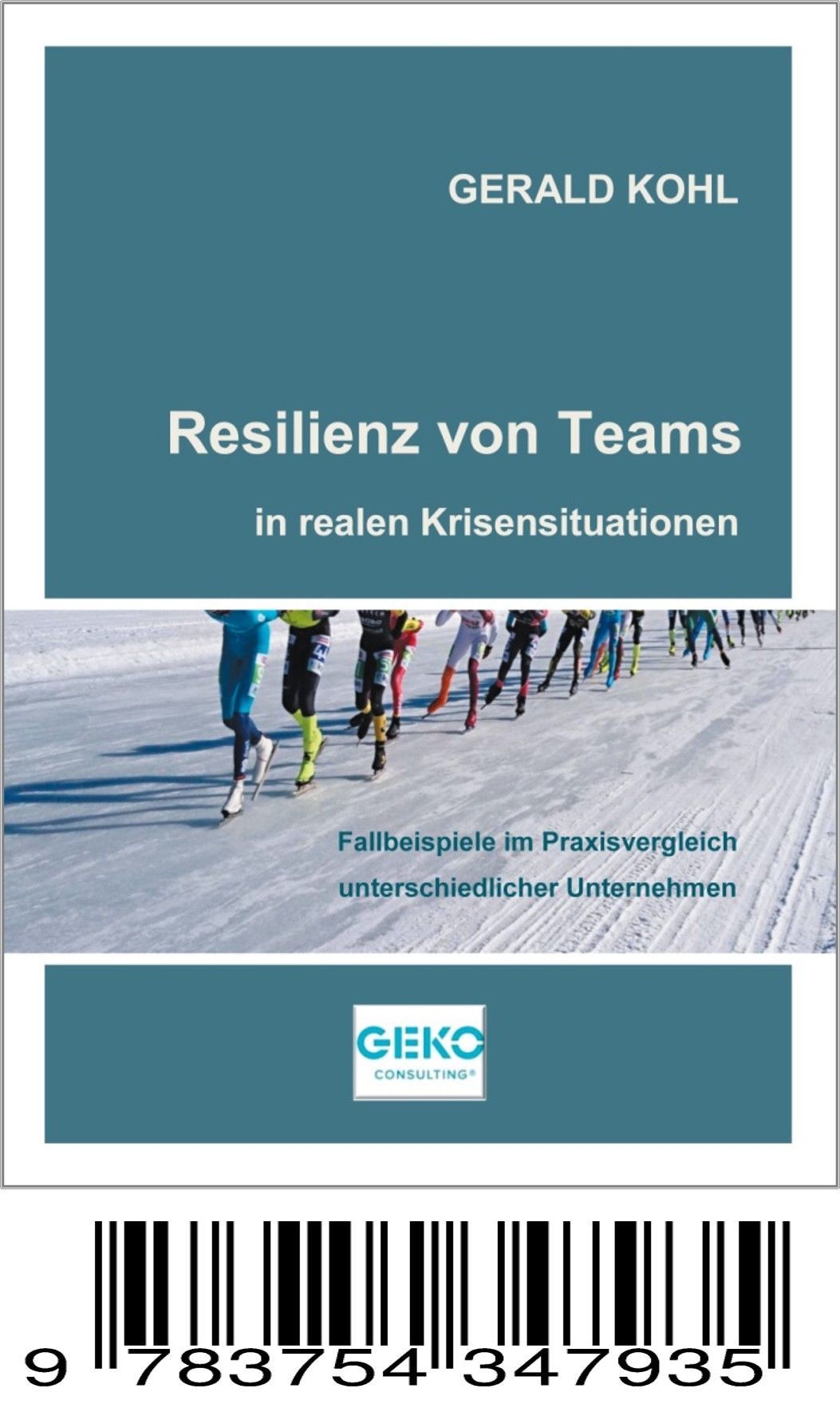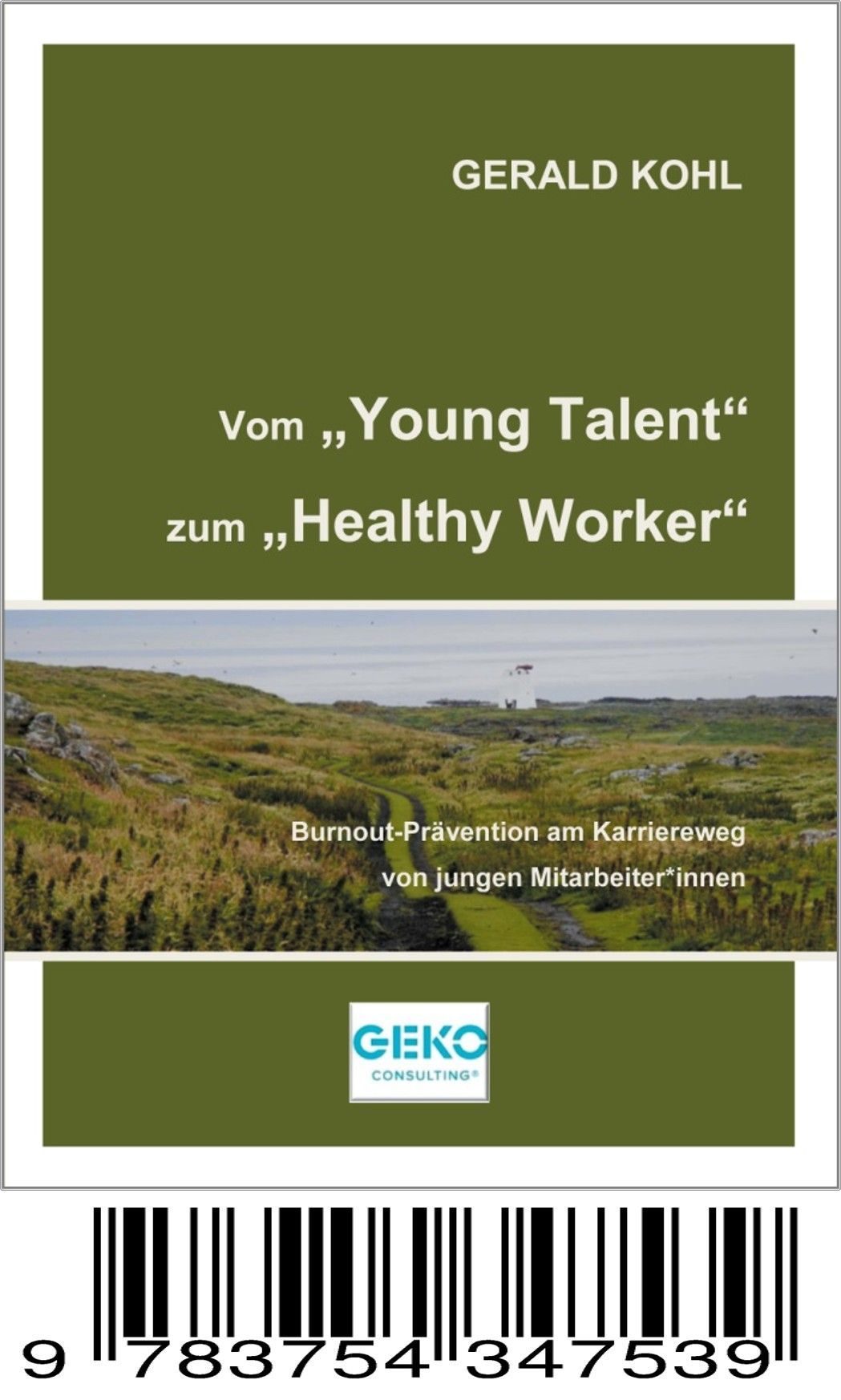GEKO BLOG
New ILO study reveals benefits of flexible working around the world:
The time of the Corona virus pandemic and its associated measures in particular, have sharpened the focus on "new" forms of work. Subsequent post-pandemic resignation phenomena revealed powerful evidence that providing workers with greater flexibility in deciding when, where and how they work, results in positive business outcomes, including improved productivity. And that conversely, restricting such flexibility results in substantial costs, including decreased turnover. The recently published study* by the International Labour Organisation #ILO in Geneva evaluates the experiences gained in the world of work and concludes how employees, companies and the economy as a whole could benefit from these.
BUT, simply working shorter hours does not appear to solely resolve work-life conflict issues, while control over the scheduling of working hours is also important.
HENCE, working time can be arranged more flexible by a variation in one or the other ways: the number of hours worked each workday, the number of hours worked each week, the specific hours that are worked each workday, the specific days of the week that are designated as workdays …
WHAT working-time arrangement DO YOU use in your company AND does it really support your business, the #employerbrand and even more important, your #WorkLifeCompetence as an employee?
THERE is ample evidence presented in the ILO study that work–life balance policies provide significant benefits to companies, supporting the argument that such policies are a WIN-WIN for both employers and employees:
Such employers benefit from employees that are more loyal, hence flexible working time policies that empower workers to organize their hours based on their work-life needs are linked to greater job satisfaction and health condition, while simultaneously employee or family assistance programs #EAP #EFAP are associated with higher loyalty and organizational commitment. Moreover, companies that implement work–life balance policies benefit from increased #WorkLifeCompetence and retention of current employees, improved #employerbrand and thus recruitment capability, lower rates of absentism and higher productivity, hence competitiveness.
Better #WorkLifeCompetence is associated with a multitude of benefits for employees and their employers. It has been empirically shown to facilitate increased job satisfaction and greater feelings of job security among those workers who report high levels of work–life balance as well as significant positive effects on the psychological and physical health of employees.
Whilst work–life imbalances may reduce mental well-being, resulting in stress, anxiety and lower job and life satisfaction. For example, workers reporting substantial work– family conflict have been found to face higher levels of depression or risk of physical diseases and to be more likely to engage with addiction problems like i. e. heavy alcohol use.
Health has been established as one of the most important determinants of well-being and has a significant impact on work–life balance. Therefore, both overemployment and underemployment may negatively impact the physical health of workers. In terms of mental health, working-time mismatches have been found to negatively impact workers across the EU. Additionally underemployment and overemployment may also directly impact the mental health of the partner involved. Therefore, working-time mismatches are associated with greater work–life conflict resulting in negative physical and mental health outcomes.
A significant amount of research demonstrates the correlation of both underemployment and overemployment with negative outcomes for workers’ well-being and the subsequent loss of #WorkLifeCompetence.
Conclusion (from ILO study)
A variety of working-time arrangements currently exist in the global economy. Specifically, following working-time arrangements are analyzed in the ILO study: the standard workweek; shift work; part-time work and on-call work; flextime and time-banking arrangements; compressed working weeks; hours of work averaging schemes.
The study has documented the prevalence of the most notable arrangements and their known effects on work–life balance, based on the data available. Better #WorkLifeCompetence, an important outcome of many of these arrangements, provides significant benefits for both employers and employees. It is therefore important to identify the work–life balance outcomes associated with each working-time arrangement.
o The classic standard workweek (8 hours per day, five or six days per week) provides stability to workers in planning their lives, yet such fixed schedules are often too inflexible to allow time for family demands as and when needed.
o Shift work may provide greater schedule flexibility to workers to help them balance work and non-work commitments. However, shift work may require workers to work during atypical hours, which has been linked to significant health risks and family life disruptions.
o Part-time work (less than 35 hours per week) with predictable work schedules enables workers to have more time for their personal responsibilities and/or leisure, leading to a better balance between paid work and personal life.
o On-call work, based on highly unpredictable «just-in-time» schedules, severely disrupts work–life balance by making it difficult for workers to organize their personal lives and finances; it has also been shown to have negative effects on workers’ health.
o Flextime (flexible schedules) enables workers to organize their own work schedules based on their individual needs, within established parameters, in order to optimally balance their paid work and personal commitments. It has positive effects on workers’ mental health but may reinforce gender inequalities if only women use it. The dramatic increase in flexible working arrangements during the pandemic (especially telework) by both men and women suggests that this may be a less significant concern in the post-pandemic world (although research is needed to confirm this hypothesis).
o Compressed work weeks provide employees with longer weekends to spend with family and friends and thereby improve work–life balance; there is a debate about their health impacts, but the evidence trends towards positive effects.
o Finally, hours-averaging schemes with short-to-medium-term reference periods (such as one to four months) may facilitate work–life balance; however, if they are poorly designed and implemented, employees may be left vulnerable to drastic swings in hours of work that disrupt their personal lives.
Summary
Understanding the prevalence of working-time mismatches is thus important due to the negative effects it has not only on work–life balance but more broadly on indicators of workers’ well-being, including life and job satisfaction, physical health and mental health, means #WorkLifeCompetence.
The findings support results of previous research that overemployment is especially harmful to work–life balance. They also reinforce findings that both types of working-time mismatches tend to lead to poorer outcomes for physical and mental health.
From the employers’ perspective, working-time mismatches among workers generally results in reduced productivity, poorer job performance and higher turnover and absenteeism.
Therefore, there is a need to find policy solutions to mitigate working-time mismatches in order to support workers in achieving a better work–life balance and better overall well-being, hence an sustained #WorkLifeCompetence within an aspiring #employerbrand.
Contact and Support
>>
Click to personal advice for next steps together with GEKO
>>
Links / References
www.geko-consulting.at/arbeitszeitflexibilisierung-und-zeitdruck-vor-bzw-nach-der-pandemie
www.geko-consulting.at/die-crux-mit-dem-employer-brand
www.ilo.org/global/lang--en/
*) Working Time and Work-Life Balance Around the World
The ILO, founded in Geneva in 1919, is the oldest specialised agency of the UN. The ILO's main objectives are the promotion of decent work, social protection and the strengthening of social dialogue. It has 187 member states.
#AktiveBalance #MittenimLeben #WorkLifeCompetence #NextGenerationWorkLife #GEKOInitiative #AntiStressTraining #wingwavetraining #employerbrand











